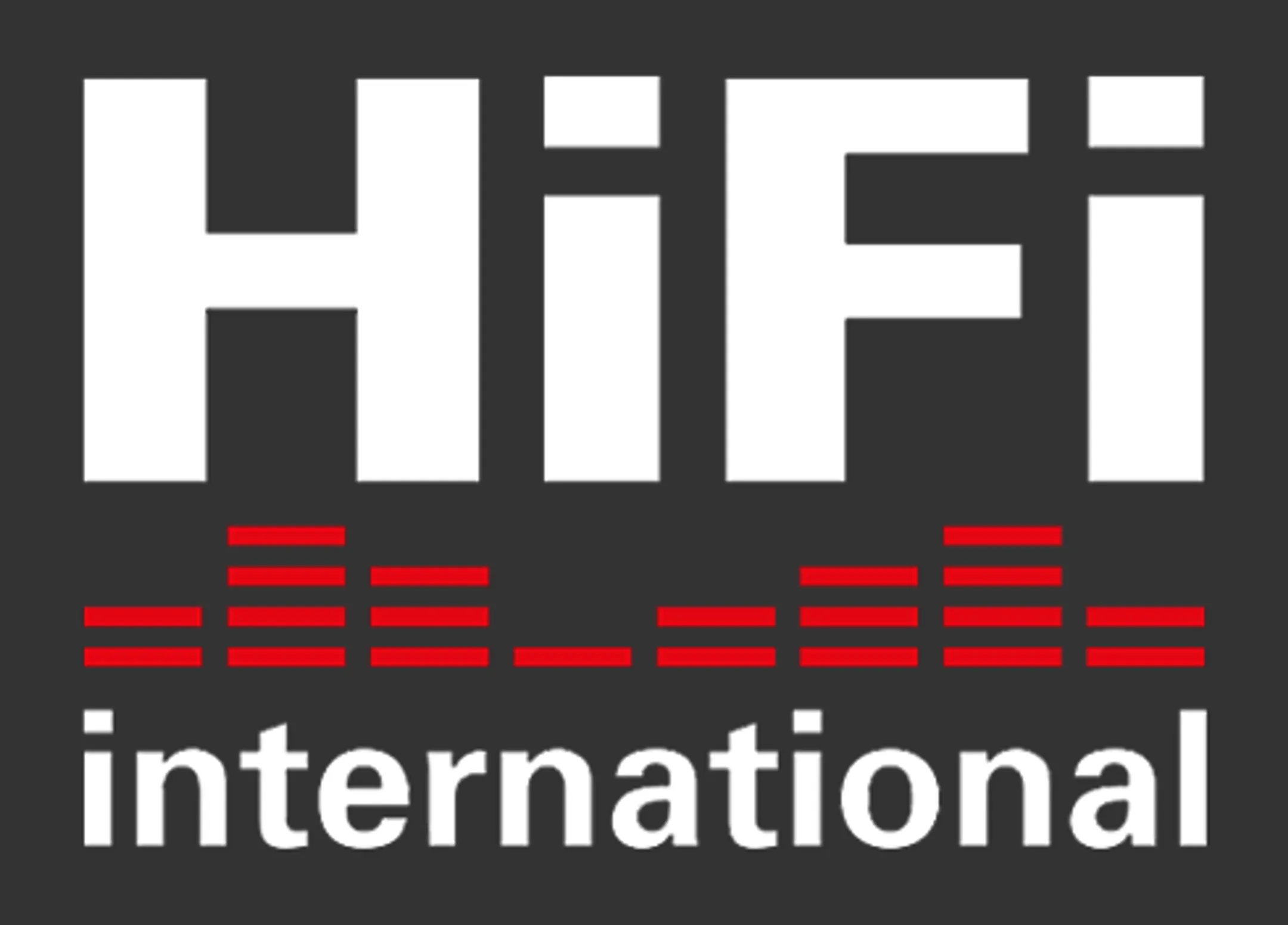HIFI international has been awarded the SuperDrecksKëscht® fir Betriber quality label

HIFI international has been awarded the SuperDrecksKëscht® fir Betriber quality label
The SuperDrecksKëscht® represents an important link in modern waste management in Luxembourg. Its mission is to prevent, reduce, recycle, and dispose of problematic products from households.
"Security and future" — this is the motto under which SuperDrecksKëscht® carries out its activities.
HIFI international meets the standards of the SuperDrecksKëscht® fir Betriber quality label: all our waste is managed in an environmentally friendly way. This label is certified according to the international ISO 14024:2000 standard. The certification includes, among other things, the inspection procedure and the requirements that inspectors must meet. Waste management in certified companies thus fully complies with the criteria set by the ISO 14024 standard.
For more information, please visit: www.sdk.lu

Who is Ecotrel?
The Grand-Ducal regulation transposing European Directives 2002/95/EC and 2002/96/EC made the collection and treatment of electrical and electronic devices mandatory since 2005.
As early as 2004, following the publication of these directives, 43 Luxembourg-based companies importing these devices into the country decided to create the non-profit organization Ecotrel, responsible for the collection and recycling of this equipment across the entire Luxembourg territory.
The amended Grand-Ducal regulation of July 30, 2013, transposing European Directive 2012/19/EU, further strengthened the obligations of the various stakeholders, including producers, importers, distributors, municipalities, and consumers.
Today, more than 600 companies of various sizes and sectors are affiliated with Ecotrel and contribute, through their funding, to improving the environment we live in.
As a retailer of multimedia and household products, HIFI International collects and gathers all used electronic devices to recycle them with the help of Ecotrel.

Why recycle?
Your home, your town, or your village?
They are real treasure troves of used household and electronic appliances that still hold value if you recycle or donate them!
It’s easy and practical: you get rid of your old items, and they don’t end up polluting nature.
Metals are becoming increasingly rare
Household appliances contain metals — often rare and precious ones: gold, silver, copper, nickel, palladium...
It would be a shame to treat them as mere waste! And to continue depleting the Earth through traditional, highly polluting mining.
Urban mining is a much better alternative: recycling your old appliances transforms this "waste" into new raw materials. Thank you for contributing!
Urban mining is gaining ground
Did you know that recovering metals through urban mining is now cheaper and less energy-intensive than traditional mining?
And that the concentration of precious metals is 50 times higher in electronic waste than in mined ore?
An example: 1 ton of mobile phones can yield about 300 grams of gold.
And that’s just one of the many reasons to favor this solution.
Start by clearing out your home
Recycling is a complex technical process, but your role is simple: just go around your house and identify the devices you no longer use or that no longer work.
A small effort for you, a big step for the environment!
Drop off your devices:
in-store (when purchasing a new one),
at your local recycling center,
or at a reuse center if they still work or can be repaired.

Congratulations, you are part of a cycle
The circular economy: a sustainable alternative
The circular economy is a beautiful alternative to the traditional linear economy. In a linear model, raw materials are transformed into products that lose their value at the end of their life. They end up as waste and are destroyed.
In contrast, the very principle of the circular economy is to reuse materials and raw resources as much as possible, creating a true closed loop — hence the term "circular economy."
We are all part of it. You are too!
Simply by avoiding throwing away your electronic devices, lamps, and fixtures, and by ensuring they are properly collected through Ecotrel, you actively contribute to this sustainable model.
A positive impact on nature and employment
Since January 1, 2006, you have been paying a recycling fee when purchasing a new electrical or electronic device. This fee finances the collection and treatment of old devices returned to municipal and inter-municipal recycling centers.
It also ensures that the device you purchase will be properly collected and recycled when the time comes.
The free acceptance of waste electrical and electronic equipment helps prevent illegal dumping in nature — a simple but essential gesture for our environment.
What happens to waste from electrical and electronic equipment?
Discarded devices are sorted by category and transported to specific collection centers.
Depending on their nature, they undergo manual dismantling for depollution, and the various resulting fractions are sent to specialized treatment plants for recycling. Secondary raw materials are recovered there, which can be reused by industry.
For example, ferrous metals are reused in the steel industry to produce new steel, which in turn is used to manufacture countless everyday objects.
Copper, zinc, and aluminum are used to manufacture electronic components or cables.
Plastics are transformed into master batches, which are then molded or extruded into a wide variety of plastic parts for many applications, ranging from automotive to home decoration.
Some devices require special treatment.
For instance, old refrigerators contain CFCs or Freon gases, which are responsible for the depletion of the ozone layer. These greenhouse gases are extracted, captured, and disposed of under strict conditions.
The residues of polyurethane foam, used for refrigerator insulation, are recycled into absorbent powders employed by firefighters to neutralize oil or other hydrocarbons.
Finally, cathode ray tube screens contain heavy metals such as strontium, barium, and lead — all valuable materials that deserve to be carefully extracted and recycled according to the highest standards.
The new energy labels
Details by category: Washing Machines | Washer-Dryers | Dishwashers | Refrigerators and Freezers | Wine Coolers | Televisions
Updated on August 12, 2025


